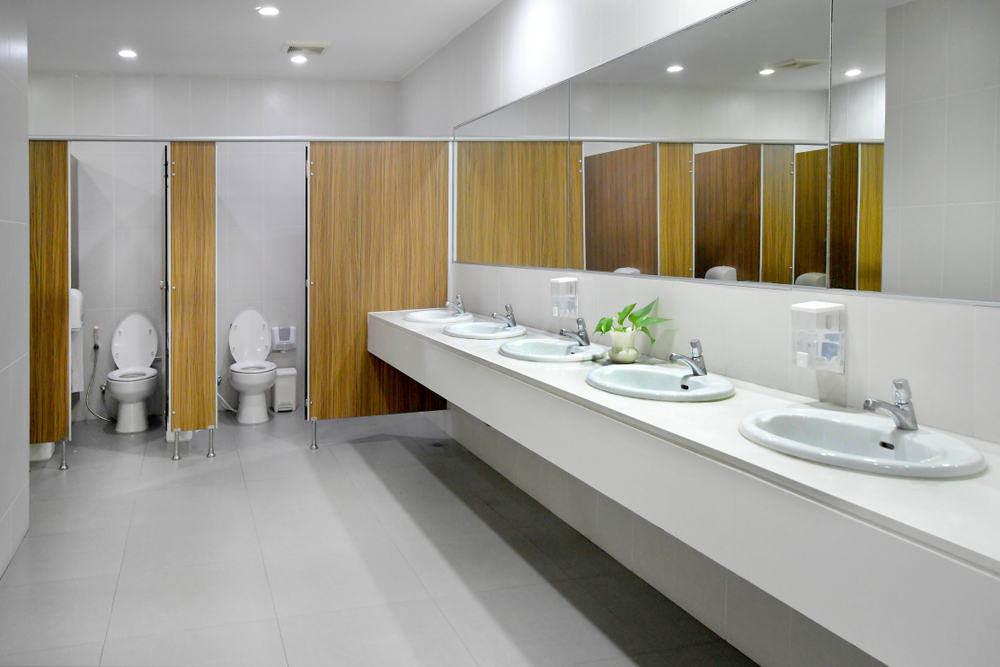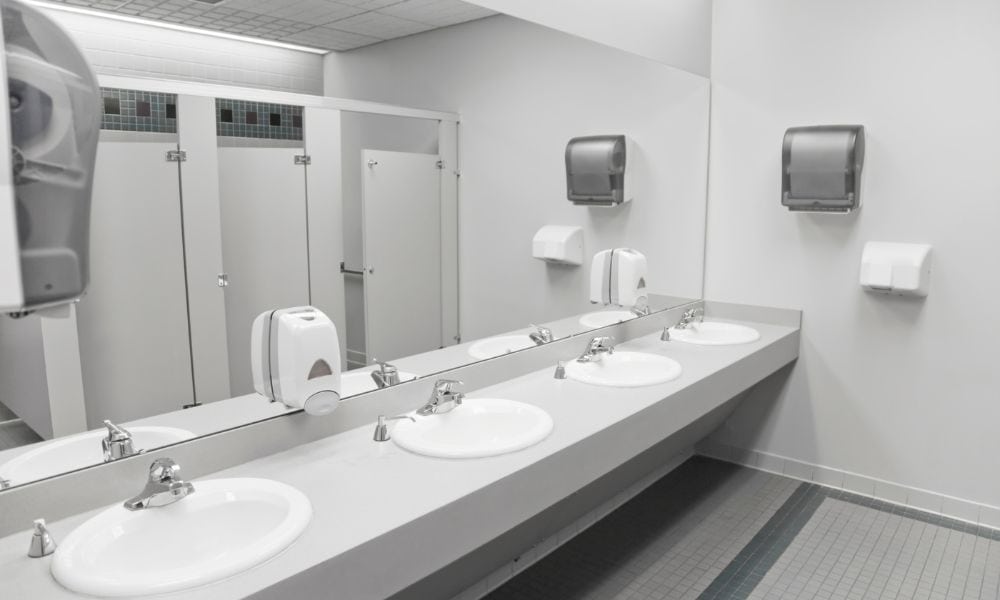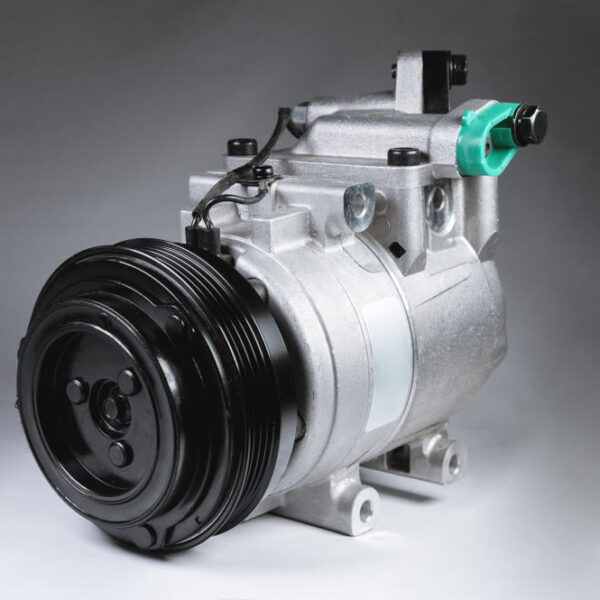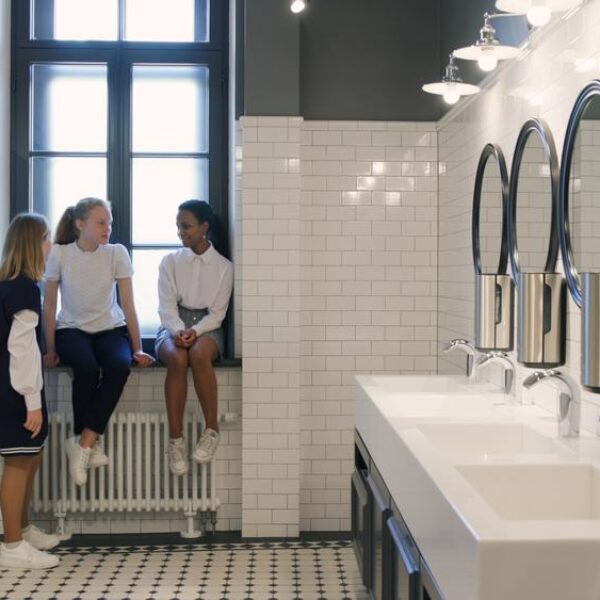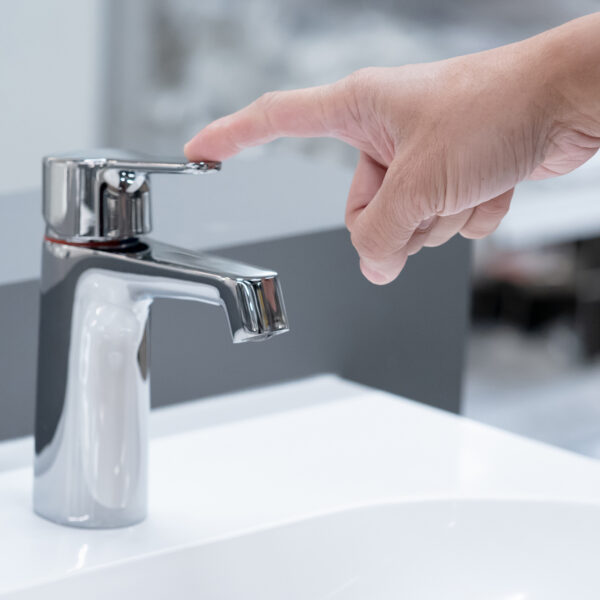Businesses throughout the world need to ensure that they have adequate restroom facilities for customers and employees, and those in Kansas City are no different. However, with all the stress and bustle that comes with running a business, these requirements may fall by the wayside, potentially resulting in fines, poor customer reviews, and a loss of goodwill with the public.
This critical infrastructure needs to be hygienic and available at all times, especially in restaurants or medical facilities, in order to prevent the spread of disease. There are also regulations regarding the design and maintenance of bathrooms that customers and employees will use. Whether you are a brand-new KC business owner or a proprietor of a well-established business, read on to better understand your obligations when it comes to bathrooms.
OSHA Regulations for Any Commercial Restroom
There are three layers of the law around commercial bathrooms: federal, state, and local. Thankfully, local Kansas City laws harmonize with that of the state overall, so your main concern becomes the Occupational Safety and Health Administration (OSHA) and local bylaws around bathrooms.
OSHA regulations around commercial restrooms are numerous, but they can be distilled to a few key factors. Bathrooms must be kept clean and dry, with adequate drainage, and there must be enough bathrooms to suit the size of the business: one toilet for the first 35 employees, then one more for every 20 employees after that. You are always required to have soap, running water, and hand-drying implements available, and the same is true for Kansas City laws.
Kansas City Laws on Business Bathrooms
Kansas has very specific laws about how many restrooms different business classes must have; the number of toilets necessary differs by sex, with more water closets necessary for women than for men.
Given Kansas City’s unique position straddling the line between two states, it’s important to note that Kansas City, Missouri, is very specific about how bathrooms should be maintained. Most importantly, a bathroom cannot create conditions that are “nauseous, offensive or disagreeable to the smell or injurious to the health of any inhabitant of the neighborhood thereof, or to the public health.”
ADA Regulations for Bathrooms
The Americans with Disabilities Act is meant to ensure that everyone, regardless of ability, is able to access facilities open to the public, including hotels, restaurants, and office buildings. There are numerous rules regarding bathroom design, many of which are focused on the size and organization of the washroom. The average bathroom should be large enough to allow a wheelchair user to enter a stall, transfer to the toilet, and then wash and dry their hands. As such, there are specific heights, clearance widths, and stall sizes outlined in the ADA.
Ideally, every stall would be large enough for a wheelchair user to comfortably enter, but the ADA recognizes that this is often impossible. Therefore, businesses are required to have at least one accessible water closet (aka toilet). This is easy for smaller businesses, who can simply have two single-stall bathrooms that are both accessible.
When designing or renovating a bathroom, companies should ask their contractor about accessibility guidelines and ensure that they’re familiar with all the ADA regulations; it’s also a good idea to hire an ADA compliance consultant who can guide the process and provide oversight. This is especially important for any older businesses that may have been grandfathered in, as these exclusions will no longer apply after major renovation work has been done on the facility.
Business Bathroom Best Practices
Though it may not seem like a major factor when thinking of your company’s essential functions, the bathroom is still a key area that must be maintained for the overall health and safety of everyone on the premises. This is especially true for any company that handles food products, as poor hygiene practices can lead to major issues and even lawsuits.
To avoid any problems with their bathroom facilities, companies should strongly consider working with a commercial cleaning company in Kansas City that has the skills to keep bathrooms perfectly hygienic and sanitary regardless of business type. These companies use the highest safety standards, including disinfecting for viruses like COVID-19, in order to ensure that both patrons and employees are safe when using the facilities.
If you choose to self-maintain facilities, you should create a cleaning schedule with specific tasks, such as wiping down mirrors, restocking products, mopping floors, sanitizing sinks, and cleaning the toilets. Smaller businesses with single-stall toilets should rotate which bathroom is being cleaned so that there is always one available for customers and employees. Use high-grade commercial cleaning products at all times, and advise your employees to wear personal protection such as gloves when they are working with the products, as they can be incredibly strong.
Maintaining clean restrooms is a must for anyone in business in order to avoid a reputation for unhygienic facilities, as well as to prevent the spread of disease. Properly constructed, ADA-compliant, and professionally cleaned restrooms ensure you stay on the right side of local laws, providing a pleasant and safe experience for both employees and customers.
